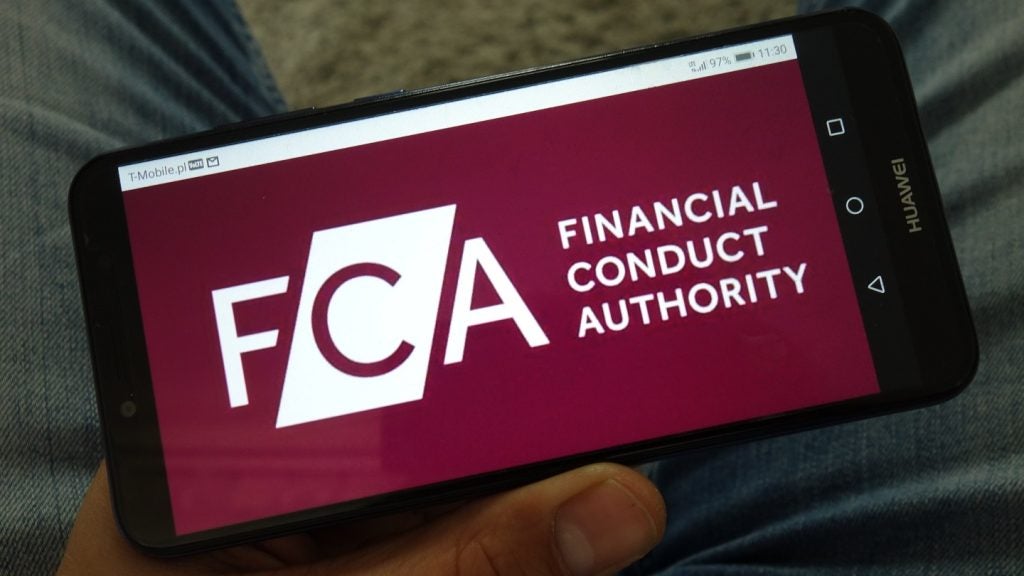Informal
documentation can become binding if no limitations are not
set
 In
In
the February edition of Leasing Life, we reviewed the case
of Golden Ocean Group Ltd v Salgaocar Mining Industries PVT Ltd
and another. In that case, the court held that it was highly
arguable that a chain of email communications bearing the
electronic signature of the parties was sufficient to constitute a
guarantee within the meaning of the Statue of Frauds
1677.
The Statute of
Frauds 1677 provides that for any action to be brought upon a
guarantee, the guarantee, or some memorandum or note thereof, must
be in writing and signed by the guarantor. The parties in this case
exchanged a series of emails relating to the terms of a charter of
a ship by the claimant to the first defendant. Those emails
included reference to a guarantee by Mr Salgaocar. All relevant
terms were agreed. One of the parties was to provide a complete,
signed copy of the agreement, but this never occurred.
The claimant
subsequently claimed under the guarantee alleging the charterer had
not met its obligations by refusing to take delivery of the vessel.
The defendants had contended that the email chain was insufficient
to constitute a guarantee within the meaning of the Statue of
Frauds 1677.
The defendant
appealed the judge’s finding to the Court of Appeal, which has
confirmed that an exchange of emails authenticated by the online
signature of the guarantor can create an enforceable
guarantee.
The Court held that
the Statute of Frauds 1677 contains no express indication that the
guarantee in writing must be in one single document or even a
limited number of documents. Commercial contracts are often
concluded by exchange of numerous emails where the terms initially
agreed are not repeated verbatim in later communications, as was
the position here. There was no objection in principal to reference
to a sequence of negotiating emails or documents to identify a
guarantee. Indeed, this accommodates contemporary business
practice.
How well do you really know your competitors?
Access the most comprehensive Company Profiles on the market, powered by GlobalData. Save hours of research. Gain competitive edge.

Thank you!
Your download email will arrive shortly
Not ready to buy yet? Download a free sample
We are confident about the unique quality of our Company Profiles. However, we want you to make the most beneficial decision for your business, so we offer a free sample that you can download by submitting the below form
By GlobalDataWhat is crucial is
that the parties must have intended to be bound by the
communications. If they did not, they should have communicated
“subject to contract” until such time as they did intend to be
bound by the execution of a formal document. It was clear here that
the parties did intend to be bound despite the lack of formal
documentation.
Further, when a
person’s name appears on an email, even if it is not his full name,
but an initial, or a nickname, it generally indicates it is sent
with that person’s authority and that he assents to the contents of
the email and the other documents in the sequence.
Things to
consider
Relatively informal
documentation and signatures can therefore lead to enforceable
guarantees, as well as other contracts. The way to avoid being
caught by email exchange where there is no intention to create
legal relations at that stage is to ensure that correspondence is
marked “subject to contract”.
Greg Standing
is a partner in Wragge & Co’s finance litigation
team






